
ANNOUNCEMENT
QAD Redzone acquires Kavida — our Agents have joined the Champion AI family
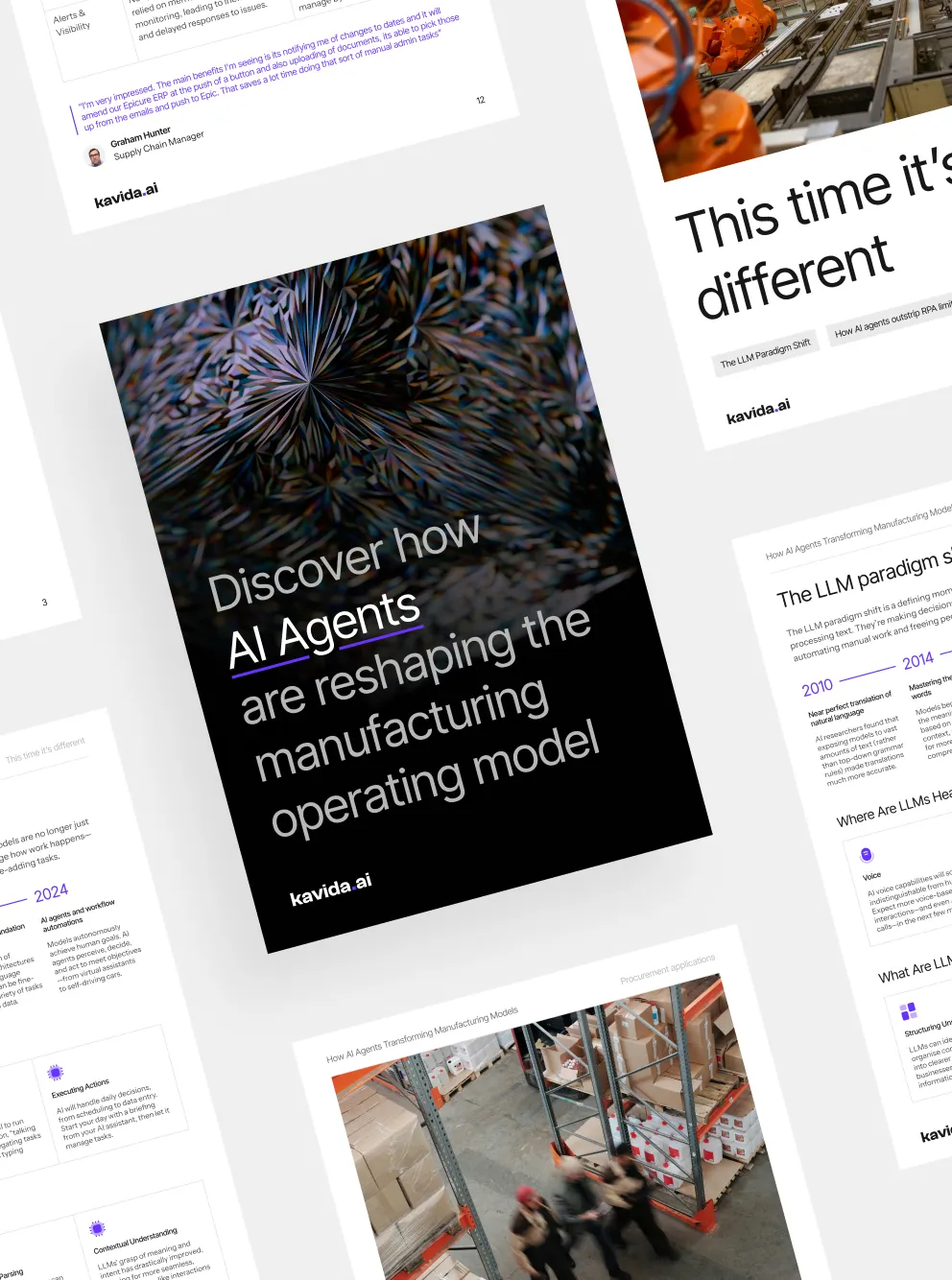
Discover how AI agents are reshaping the manufacturing operating model

Hi, I’m Alison!
Share your details, and I’ll give you a call in minutes to see how we can assist.

Unstructured Data Analysis Using AI Agents & Why Traditional RPA Falls Short
Table of Contents
ToggleIn modern supply chains, the lifeblood of collaboration between buyers and suppliers is information. Every day, procurement teams are flooded with emails, PDF attachments, scanned documents, instant messages, and even images containing critical updates on orders, delays, invoices, and compliance requirements.
This isn’t the clean, tabular data that ERP systems were built for. It’s unstructured and arrives in multiple languages, irregular formats, or without standardised field names. And when operational decisions hinge on these communications, the inability to interpret them quickly becomes a performance risk.
Robotic Process Automation (RPA) has delivered real value in automating structured, repeatable back-office processes. But unstructured supplier data is a different challenge entirely. Asking RPA to manage it is like asking the finance team to run HR – highly competent in one domain, but not-so-well equipped for the other.
The Legacy Limitation: RPA Meets Supply Chain Reality
RPA was designed for repetition, not interpretation. It replicates human clicks and keystrokes to speed up digital tasks, but it depends on the world staying the same. In the fast-moving world of supply chains where multiple stakeholders exchange information in countless formats, that’s a problem.
Brittle process design
If a supplier changes the layout of a confirmation email or uses different terminology, the bot fails. Every change means another reprogramming cycle.
Language blind spots
A message saying “We can deliver Friday if the truck is available” contains conditions and ambiguity RPA can’t interpret without pre-coded rules.
No contextual awareness
RPA can extract a date, but it can’t determine whether it’s a shipment date, expiry date, or an unrelated reference without being instructed.
Zero learning curve
Each exception is a manual intervention; nothing is learned for next time.
The result? High maintenance costs, low adaptability, and operational blind spots that multiply as supplier ecosystems expand.
Why AI Agents Are Different
Where RPA is reactive and rigid, AI agents are adaptive and cognitive. They combine perception, reasoning, and action making them capable of handling the messy reality of unstructured supplier data at scale.

Unstructured data parsing
Unstructured data from multiple sources parts data from different ERPs, customer data, emails, demand data, vendor data.
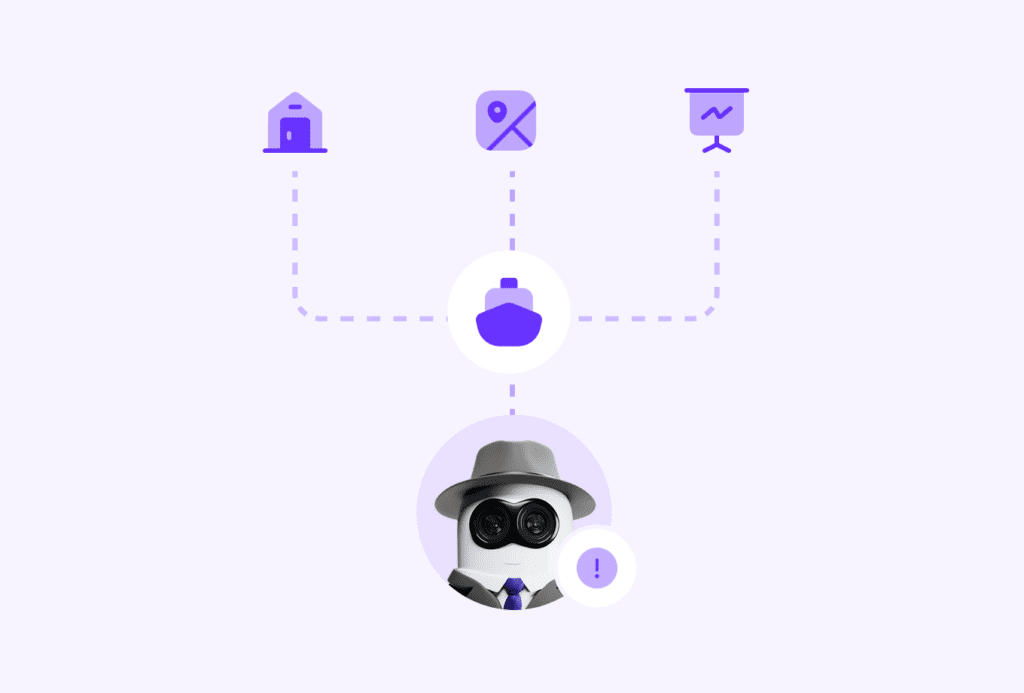
Contextual decision-making
Beyond pulling data, agents interpret it. If a shipment is delayed, they cross-check port status, stock levels, forecast impact, and escalate.
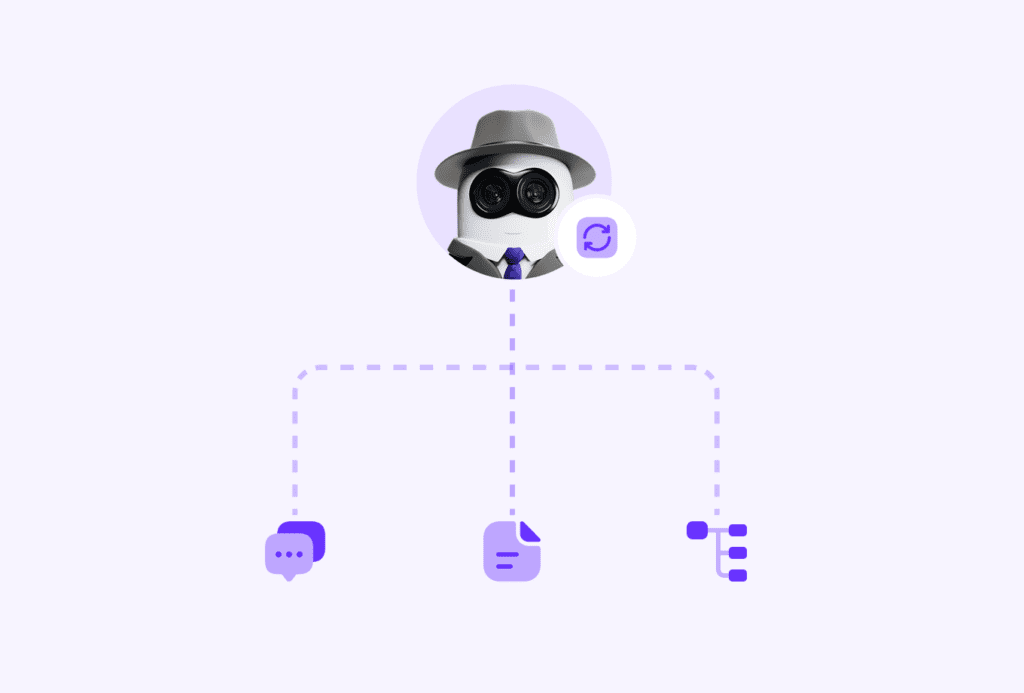
Continuous learning
New document formats, phrasing styles, or data layouts aren’t a blocker. The agent takes account of nuances and remembers them for next time.
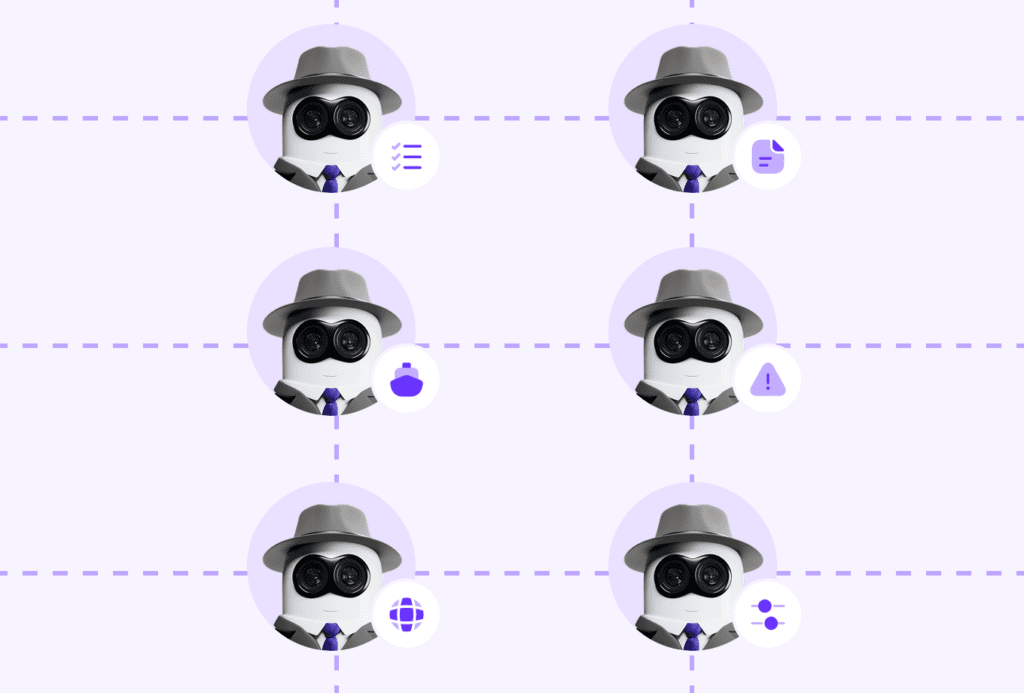
Multi-agent orchestration
One agent can extract data, another assess supply risk, and another update ERP records working in sequence without manual inputs.
The Operational Impact of Using Agents
When unstructured supplier data is processed by AI agents instead of RPA scripts, the effect transcends automation, into a system wide transformation.
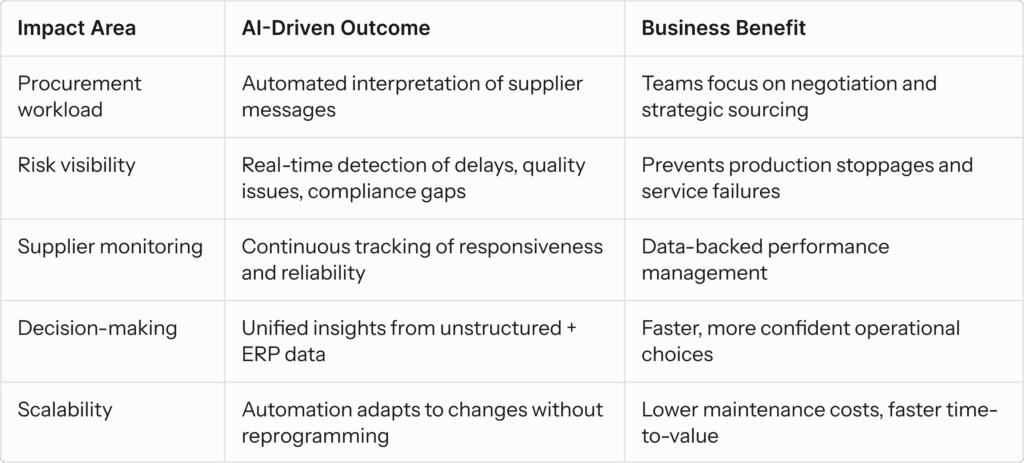
Closing the Gap RPA Can’t Bridge
Global supply chains are under constant pressure from disruptions whether geopolitical, logistical, or environmental. In this scenario, the ability to detect and act on risk signals buried in supplier communications is a competitive differentiator.
RPA can process data, but AI agents can understand it. That difference changes the game:
-
From reacting to supplier delays after they happen to pre-empting them.
-
From drowning in message backlogs to surfacing critical issues in real time.
-
From static scripts that require babysitting to dynamic agents that improve with every interaction.
In short, AI agents turn supplier communications from a messy, manual workload into a live intelligence feed for your supply chain. And in an age of disruptism, where change is the only constant, that’s not just useful, it’s essential for supply chain operations.
Unstructured
Data Analysis Using AI Agents & Why Traditional RPA Falls Short
Table of Contents
ToggleRelated articles

Unconfirmed Orders Are Costing You a Million Pounds a Year
In manufacturing supply chains, an unconfirmed purchase order is a risk multiplier...
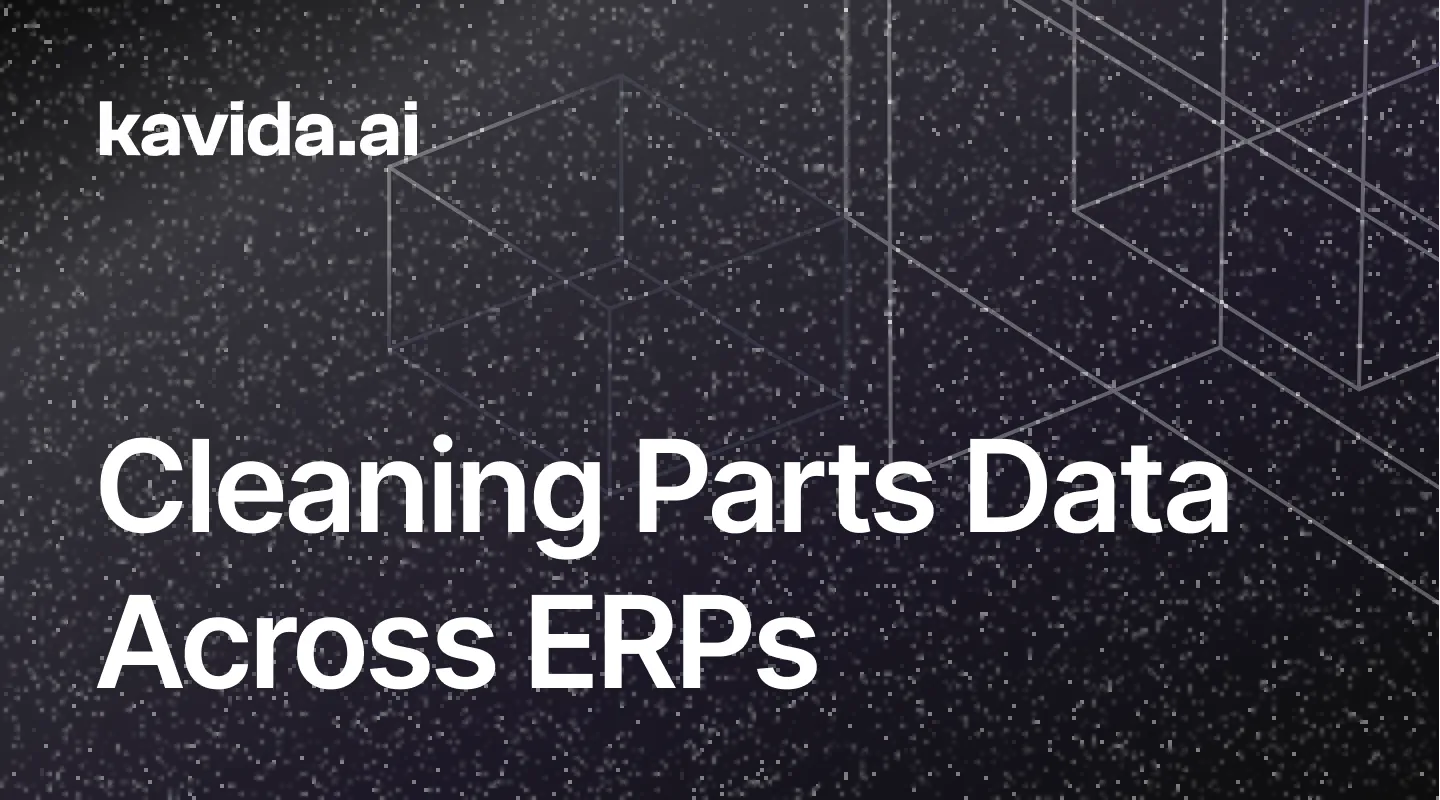
Cleaning and Consolidating Parts Data Across ERPs with AI Agents
Many large enterprises, especially in aerospace and manufacturing, operate with multiple ERP...
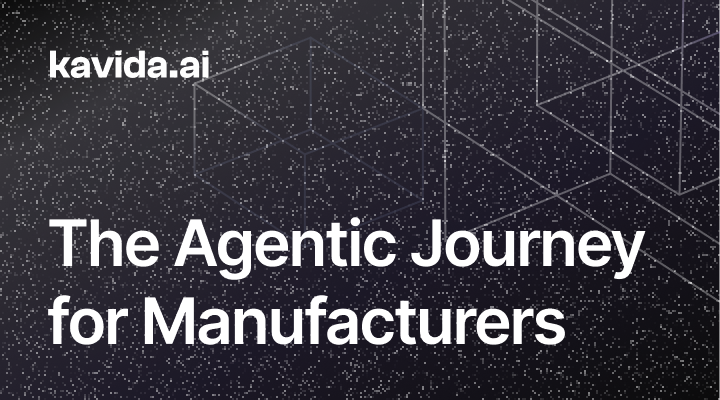
The Agentic Transformation Journey in Manufacturing
Procurement leaders today need more than just efficient workflows—they need insights that drive smart decision-making. For decision makers...

